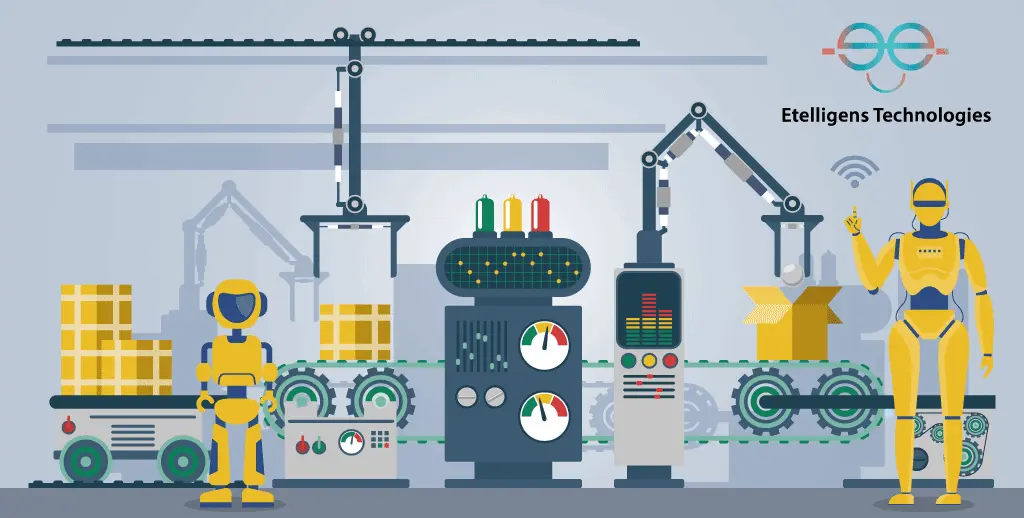Manufacturing is a crucial department in every business, where compiling AI and Machine Learning can create a big difference. The technology can take the manufacturing units to the maximum potential. Multiple companies are using ML and AI to enhance their production and preparing a better environment for the manufacturers.
ML can prepare the crucial datasets, which can play a vital role to diminish the errors in the production. It needs multiple inputs from the devices to prepare a better strategy for the production unit. The knowledge can become crucial for companies to understand the better strategies that can enhance the company’s production line.

How can Machine Learning transform the manufacturing business?
Machine Learning can help manufacturers find the best products and their feedback from the customers. It can manage the manufacturing easily, where the manufacturer needs to put the input, and ML can determine the products and prepare a better output.
Machine Learning in the manufacturing business can offer:
Smart Maintenance:
A reliable maintenance is a crucial part of the manufacturing unit of the company. Maintenance is one of the significant expenses in the manufacturing units, where companies need to go with regular maintenance of the machines they are using. Predictive maintenance can play a vital role in reducing costs and help manufacturers to save huge expenses.
Complex neural networks and machine learning can predict the upcoming problem in the machine, preparing a reliable solution for the companies. The Remaining Useful Life (RUL) of devices can extend to a more extended period. Technicians can find out faults and solutions, which helps them get better maintenance for the machines.
Better Quality Products:
The current world runs with shorter deadlines, which can affect product quality. Also, the products are becoming complex, creating complications in managing the manufacturing part of the business. Customer’s expectations are impeccable products, which every manufacturer needs to fulfill.
AI and Machine Learning can prepare an alert system for the manufacturing units, which will help the workers to maintain the product quality. Whether the fault is subtle or major, Artificial Intelligence can prepare a better management system that will allow manufacturers to get a high-quality product in minimum time. The manufacturers can get the data from the cloud-based system, which can create a smooth workflow in the manufacturing units.
Market Adaption:
Artificial Intelligence and Machine Learning can create a better market strategy that can enhance production as per the market needs. Machine Learning can allow managers to improve their strategic approach. In addition, it can figure out the consumer reaction, inventory, and supply material. The process can save considerable time, where manufacturers can get intelligent solutions.
Biggest enterprises use Artificial Intelligence and Machine Learning in their manufacturing units to enhance product quantity and quality. Machine Learning can help enterprises to adapt the market changes and get smooth operations in the business.
Conclusion
Artificial Intelligence can become a key player in manufacturing units, where companies can manage their tasks efficiently. Due to Machine Learning, managers can get instant solutions to the manufacturing services and create a better platform for the users.
One Reply to “How Machine Learning Transform The Manufacturing Industry?”